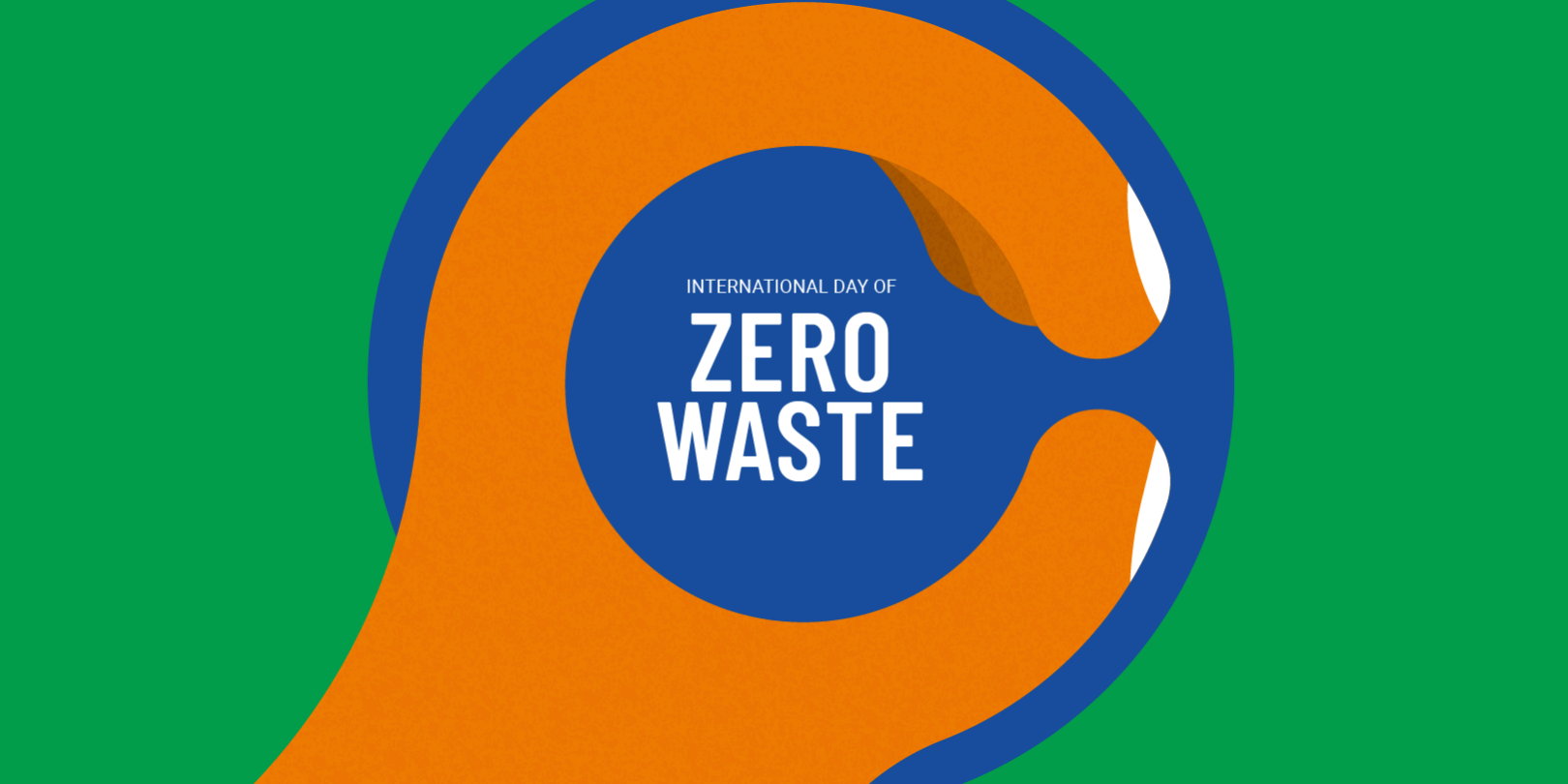As summarised within the MATERIALS 2030 MANIFESTO, among the most difficult challenges facing humanity today surround achieving climate neutrality, circularity, healthy food systems, and sustainability. This is particularly the case for sectors including agriculture, transportation, construction, packaging, and electronic appliances. These challenges are also all closely associated with completing the overall transition towards renewable energy sources.
Currently in Europe, the amount of packaging used is a sign of our throwaway society. To make matters worse it is predominantly made of plastic, which is contentious in its own right, considering it is a material that is typically only used once. Near to 390 million metric tons of plastic are produced annually worldwide (15% produced in Europe), which unfortunately generates about 400 million tons of CO2, including the CO2 that comes from managing waste. As the primary role of packaging is to safeguard its contents, package optimisation to reduce these alarming quantities is an important European objective. This is further highlighted when considering that 30% of all food produced globally is lost or wasted throughout the supply chain. Furthermore, in Europe packaging accounts for 44% of plastic usage, however, only 40.8% of this plastic packaging is recycled.
The Zero Waste Day will take place in a few days. From MAGNO, having waste reduction at the core of our project, we are more than concious about how important is to raise awareness on the implication of reducing drastically waste of all kinds, specially plastics, in the world at all levels. Specially around the ones most deprived to minimize the impact on all, but specially in their daily lives.
Thus, on the one hand we want to echo the call made on 14 December 2022, by the United Nations General Assembly, who adopted a resolution at its seventy-seventh session to proclaim 30 March as International Day of Zero Waste, to be observed annually. The International Day of Zero Waste encourages sustainable production and consumption habits and aims at increasing awareness of how zero-waste projects accelerate the 2030 Agenda for Sustainable Development.
The United Nations Human Settlements Programme (UN-Habitat) and the United Nations Environment Programme (UNEP) facilitate the observance of the Day.
Governments, businesses, individuals and more must embrace zero waste to overcome the waste pollution crisis. UN-Habitat and its partners, including UNEP, regularly update the science on waste pollution and research new solutions. Browse the latest reports below to find out everything you need to know to #BeatWastePollution.
- Rescuing SDG 11 for a resilient urban planet (UN-Habitat, 2023)
- Towards Zero Waste: A Catalyst for delivering the Sustainable Development Goals (UNEP, 2023)
- Leaving no one behind (UN-Habitat, 2022)
More resources to be found here: https://unhabitat.org/international-day-of-zero-waste
On the other, we want to invite you to follow MAGNO in social media so you put an eye on contributions. Do not hesitate to go to our profiles and follow us:
Linkedin: https://www.linkedin.com/company/magno-eu-project
Twitter: https://twitter.com/Magno_EUPro






